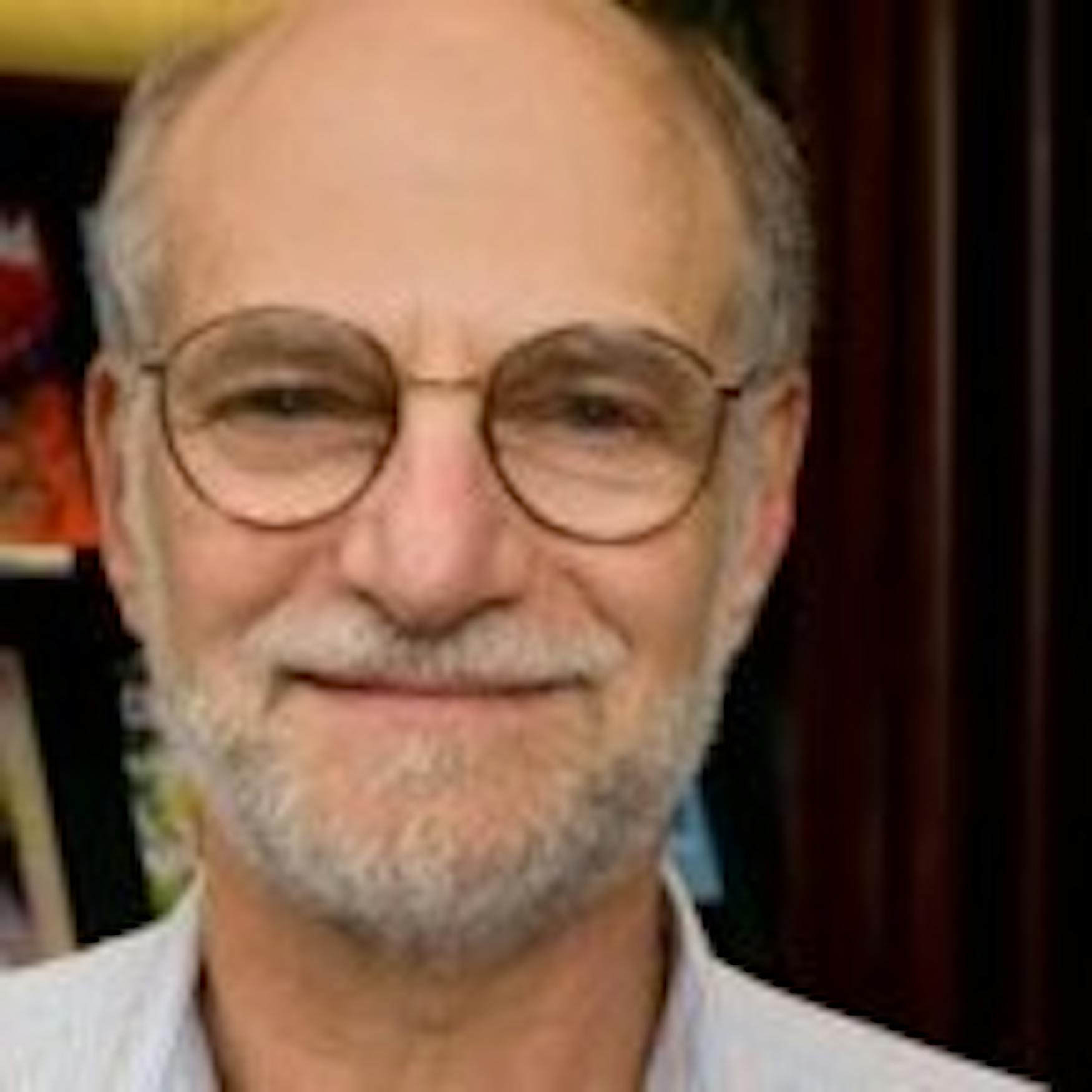Rosbash wins more plaudits
Prof. Michael Rosbash (BIOL), the Peter Gruber Endowed Chair in Neuroscience, and Prof. Emeritus Jeffrey Hall (BIOL), along with Dr. Michael Young of Rockefeller University, have won the 12th annual Wiley Prize in Biomedical Sciences for their research on the circadian rhythms of the fruit fly Drosophila.
The award is a culmination of 30 years of research at Rosbash and Hall's laboratory at Brandeis and Young's lab at Rockefeller. In an email to the Justice, Rosbash said that he and Hall were "working in parallel" with Young.
"At the outset, we were doing the same experiments at the same time, competitors one might say. And we came up with largely the same results. Then our work diverged and I would call it complementary. We both worked on rhythms but on different aspects, and made contributions on different sides of the problems," wrote Rosbash.
His research on circadian rhythms, Rosbash said, deals with "the nature of the molecular machine that keeps time." The term "circadian" comes from the Latin circa dia, or "about a day," Rosbash explained. "This is a gene expression feedback loop, where a few proteins are synthesized and then act negatively to turn off their own synthesis. When synthesis rates are very low and these proteins then degrade and disappear, the whole cycle can begin again. The cycle takes about 24 hours to begin, stop and then start again."
Rosbash said that he was "very surprised [and] very flattered" to receive the prize. Rosbash and Hall were also awarded the Louisa Gross Horwitz Prize for Biology or Biochemistry in 2011 and the Canada Gairdner International Award in 2012.
The three researchers will be receiving their award on April 5 at Rockefeller University.
Rosbash stated that the research on circadian rhythms is important because it applies to all animals, and not just fruit flies. "This clock governs almost every aspect of biochemistry and physiology in humans, from metabolism to our sleep-wake cycle and of course jet lag," he said. The research can potentially lead to medicinal discoveries to treat conditions relating to these issues, including jet lag and sleep disorders.
Rosbash said that he plans to conduct research on fly sleep next. "No one knows how or why we sleep, and flies seem to undergo a similar process. Maybe they can lead the way once again."



Please note All comments are eligible for publication in The Justice.